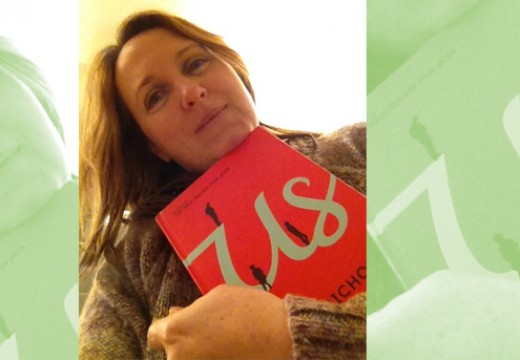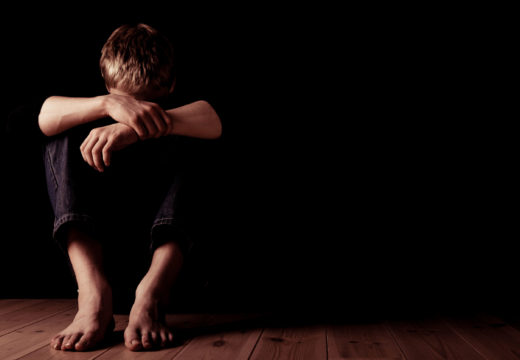Are you a Replacement Child? How did it affect your life?
On a foggy January afternoon in 1952, American Airlines flight 6780 crashed into the Mandel family’s apartment building in Elizabeth, New Jersey. It killed more than 30 people, including 22 on board the plane. Linda Mandel who was just 2 would survive but be badly burned. Her 7-year old sister Donna would die.
Engulfed by grief, a doctor told their parents that they should have a ‘replacement child’.
Judy L. Mandel was born in May 1954. Her book, Replacement Child [Seal Press or from www.replacementchild.com], charts her life as the offspring of parents and a sibling shattered by the death of Donna. Grief is what it is, and it does what it does. And in this ‘no blame’ and honest memoir, Mandel uncovers what it means to be a ‘replacement child’.
Describing moments from her childhood and teenage-hood, Mandel found that she failed to have the same bond with her mother as her sister Linda. No fights or arguments, just a polite friendliness towards each other. None of the slamming, mess and vitriol that embodies the child/parent relationship, especially as a person becomes a teenager. Her father is loving. He’s also distant, unreachable.
Replacement child research
From day one, Mandel’s mother couldn’t breastfeed her, and she heart-breakingly considers whether this is because she’d rather see the face of the child she lost.
In Psychology Today, Abigail Brenner M.D. notes that little has been written on replacement children within the family, and points to a study by Cain & Cain from 1964 that looked at families where a child had died and been replaced by another. It identifies these possible situations:
- Over-restrictive and over-protective parents who lead to a replacement child growing up anxious, fearful, lacking self esteem and confidence
- Some children being made to feel guilty for the preceding child’s death (comments under the Psychology Today article bore this out, with some replacement child readers sharing that they’d suffered physical abuse at the hands of their grieving parents), and
- Hyper-idealisation of the lost child – whereby the replacement child can never live up to the ‘angel’ the parents lost despite their best efforts.
Are you a Rainbow Child?
Mandel’s book is remarkably honest. Everyone is doing their best. Grief, like a swimmer stuck under ice, keeps coming up for air. Mandel’s memoir of her parents’ relationship, the bravery and memory of her sister Linda, and Judy’s own marriages, allow you to sit ringside as a piece of personal history is written. Mandel really can write.
What struck me about this book is that so many of the people you will meet and deal with today are replacement children. Are you one? And what has it meant for your life?
Abigail Brenner M.D. recently published a book on the subject: Replacement Children: The Unconscious Script, drawing on the comments she received from her Psychology Today article. One person commented that she preferred to think of herself as a Rainbow Child rather than a replacement child. She had brought light and colour after a storm. Perhaps that’s what Judy L. Mandel was to her parents, and so many other people are, when they are born unknowingly into the arms of loss.
*** Replacement Child, a Memoir by Judy L Mandel is published by Seal Press. Visit Judy’s website for more details.








